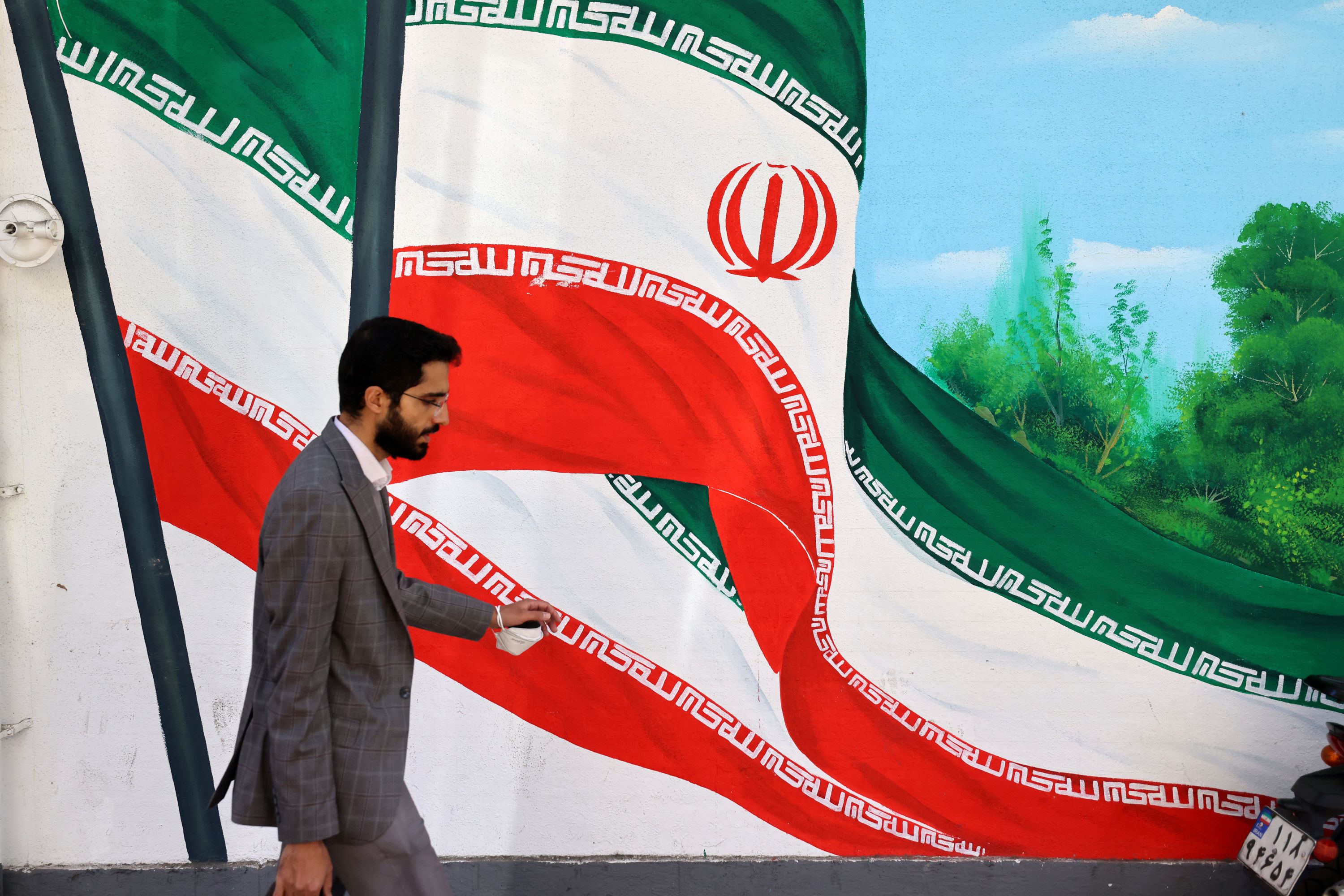
TEHERAN - Iran's Foreign Ministry spokesman Esmaeil Baghaei on Monday warned that the country would take countermeasures in response to any potential action by three European powers of France, Germany, and Britain to trigger the snapback mechanism and reimpose sanctions.
He made the remarks in an address to reporters in Teheran while reacting to threats by the three countries, collectively known as the E3, to trigger the snapback mechanism against Iran.
The mechanism is a clause in a 2015 nuclear deal, formally known as the Joint Comprehensive Plan of Action (JCPOA), between Iran and world powers, which would allow the other parties to reimpose all international sanctions should Teheran fail to comply with the agreement.
"Using the mechanism implies that the other sides are not after a negotiation process, but seek intimidation and threats. We will take countermeasures in the face of any potential action by them in this regard and have announced this issue before," Baghaei said.
ALSO READ: Iran, E3 hold high-level talks in Istanbul on nuclear program
He added that Iran would not let any "unjust and unfriendly" action go unanswered, and "we think that there is no legal and logical reason for using the snapback mechanism."
He expressed hope that the three European powers would reconsider the approach they had been pursuing for the past months as it was a "double-edged sword."
His remarks came as Iran and the E3 held a high-level meeting in Istanbul on Friday to discuss the latest developments in the ongoing indirect nuclear negotiations between Teheran and Washington.
READ MORE: Iran won't dismantle uranium enrichment facilities
Iran signed the JCPOA in 2015 with six countries - Britain, China, France, Germany, Russia, and the United States. Under the deal, Teheran agreed to curb its nuclear program in exchange for sanctions relief.
The United States unilaterally withdrew from the accord in 2018 and reimposed sanctions, prompting Iran to gradually reduce compliance with its nuclear commitments. Efforts to revive the agreement have not achieved substantial progress.
Uranium enrichment non-negotiable
Baghaei also said on Monday that the country's uranium enrichment is non-negotiable.
READ MORE: Iran warns European powers against ‘abusing’ snapback mechanism
He made the remarks while reacting to remarks on Sunday by US Special Envoy to the Middle East Steve Witkoff, who told the US-based ABC News, "We have one very, very clear red line, and that is enrichment, and we cannot allow (Iran to have) even 1 percent of an enrichment capability."
"We do not seek permission from anyone for uranium enrichment on Iran's soil and the United States is not in a position to be able to give or not to give permission to a country regarding this right that has been stated in the Non-Proliferation Treaty (NPT)," Baghaei said.
He added that claiming that any country seeking to enrich uranium is pursuing unpeaceful objectives is a "conscious fallacy" and aimed at distorting public opinion, noting that "there are states that are enriching uranium but do not have nuclear weapons."


